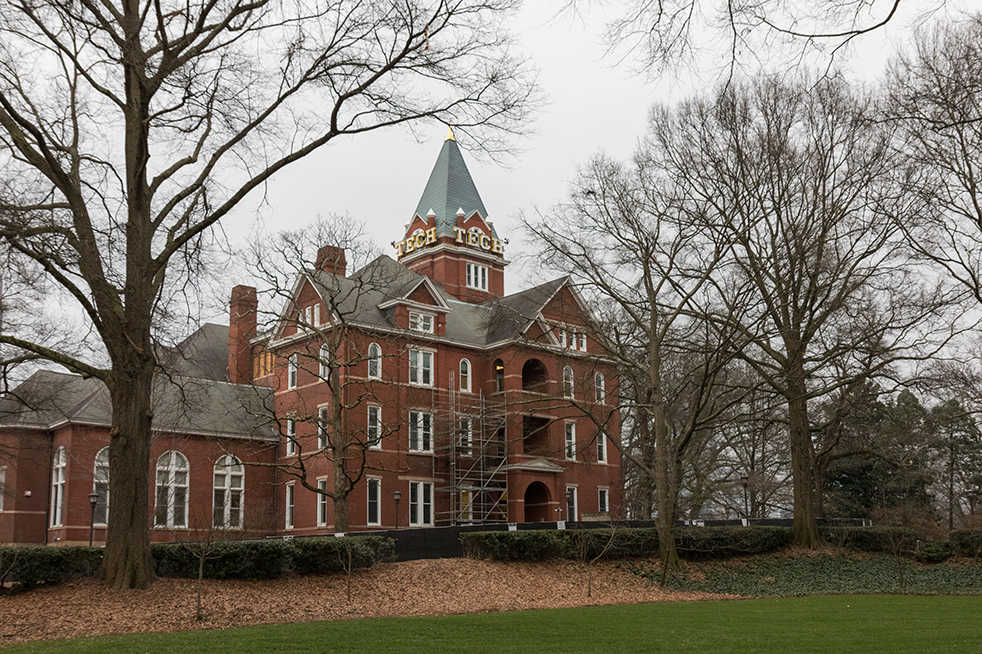On May 2, 2000, Global Positioning Satellites were updated by the federal government to remove selective availability, meaning that everyday users could now pinpoint exact locations more precisely than before. On May 3 of the same year, Dave Ulmer tested this new technology. He hid a bucket in the woods with the instructions “Take some stuff, leave some stuff” and a logbook.
Then he shared the location on an online community of GPS enthusiasts. Within three days, two readers had found his “stash” and shared their experience online. Little did they know that their experience would begin the phenomenon now known as geocaching and would become an exciting and popular pastime.
“Geocaching is sort of like a global scavenger hunt,” said Jeffre Allen, third-year BME. “The coordinates of the caches are posted on an app or the Internet, and you can go hunt them down.”
The first time Allen found a cache was completely unintentionally, before she was even aware of what geocaching was. She was sitting on a bench doing homework when she dropped her pencil. When she went to pick it up, she saw a small box attached to the underside of the bench.
“I had no idea what it was, and I thought it was a little weird,” Allen said. Later on, she was geocaching with a friend in the same area when she remembered the box. They went to the bench and found that it was indeed a cache.
However, finding geocaches is not necessarily an easy task, despite their locations being shared online with easily searchable access. They may be hidden, or the locations may not be exact.
“There is a thrill involved [because] it usually takes a bit of ingenuity to find the caches due to the technological errors],” Allen said. “The goal is to look for caches without arousing suspicion, which is usually tricky [on campus] unless you go at odd hours.”
The items in each cache differ from cache to cache. On campus, Allen says she has found small magnetic poetry pieces, among other small trinkets. Continuing with the tradition Ulmer started, caches usually contain a logbook of everyone who has ever found the cache and, if someone takes something from the cache, that person is expected to leave something in return. Allen likes the thrill of the hunt as well as the surprise of what she finds.
“You never know what you are going to find,” Allen said. “They’re kind of like time capsules, but current time, and instead of finding your own memories, you’re now swapping them with strangers.”
For those interested in geocaching, the process is as easy as entering a Google search for “geocaching” to find an app or website to use to begin the search. However, there are likely to be technological errors that will interfere with the exact location of the cache, though Allen maintained that this makes the hunt more difficult and more fun.
According to Allen, geocaching is like an “adventure without commitment.” She recommends that people wait for a nice day to go outside and find caches and to perhaps leave a small treasure for future adventurers to find.
